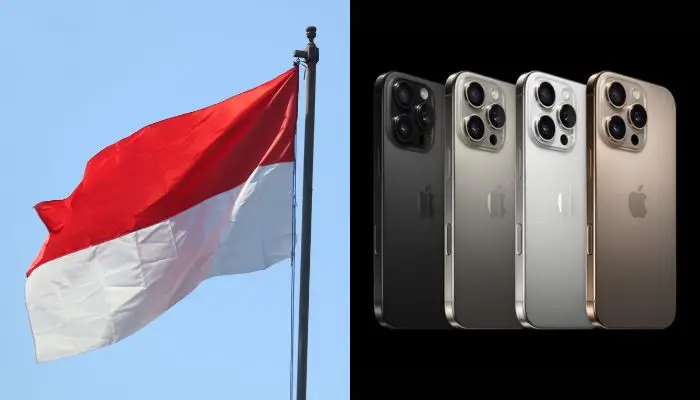Apple has committed to a $1 billion investment deal with Indonesia to address the ban on iPhone 16 sales in the country. This agreement includes plans for two major manufacturing plants. One will produce 20% of the world’s AirTag supply, while the other will focus on accessories and educational facilities in Bandung.
Presidential Approval and Location Choice
President Prabowo Subianto approved the deal following discussions and deliberations. The AirTag factory will be built on Batam Island, a location chosen for its tax and import benefits. It will initially employ 1,000 workers and aims to strengthen Apple’s manufacturing footprint in Southeast Asia.

Challenges Leading to the Deal
Apple faced scrutiny in October when the Indonesian government highlighted unmet investment commitments. By November, negotiations intensified as Apple’s offer of $10 million in additional investment was rejected. A subsequent $100 million proposal was also turned down, leading to the current $1 billion agreement.
A Strategic Move
This deal not only ensures Apple’s access to the Indonesian market but also helps reduce dependency on Chinese imports. The investment may save costs on potential tariffs while aligning with the company’s global strategy to diversify its supply chain.
Unanswered Questions
Despite the agreement, uncertainties remain about the timeline for lifting the iPhone 16 ban and the production capacity of the new factories. Apple’s earlier commitment to a research and development center in the country seems to have been sidelined for now.











